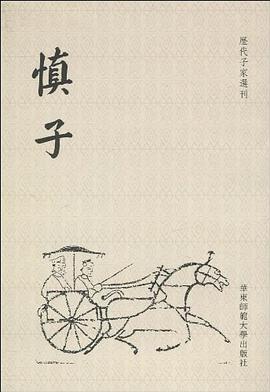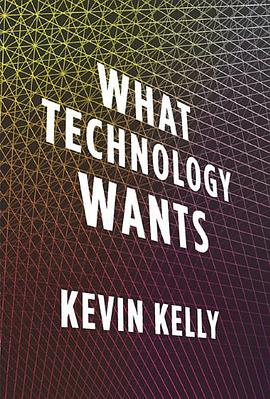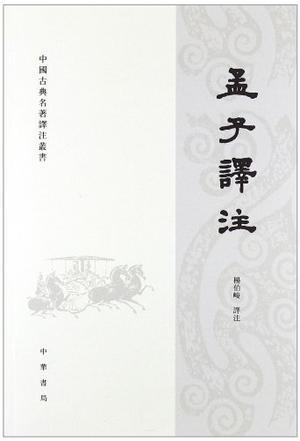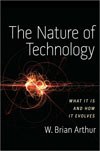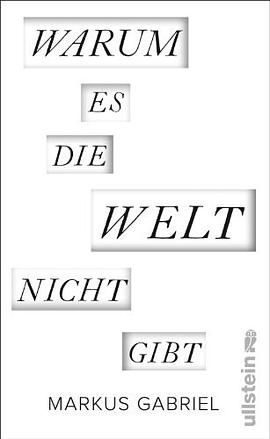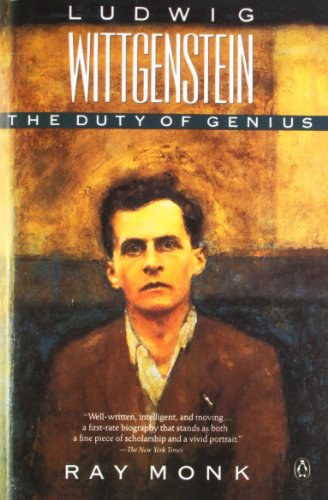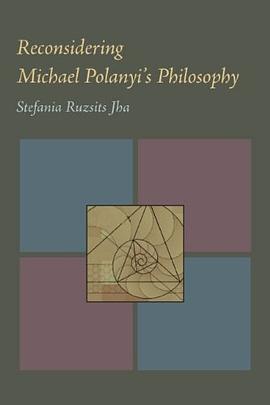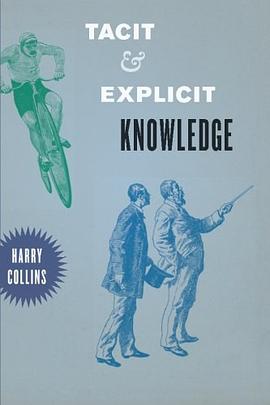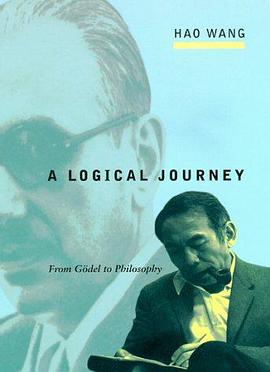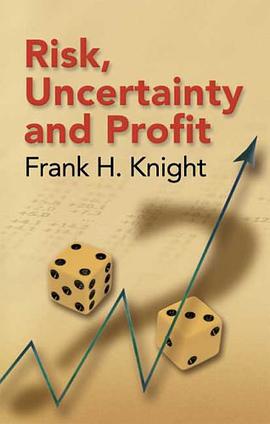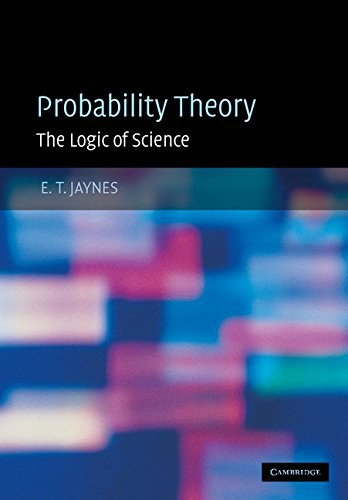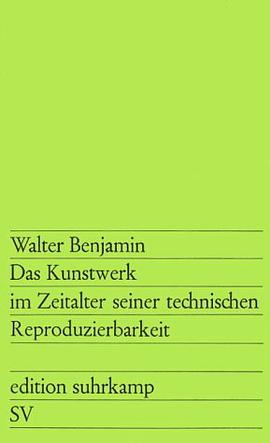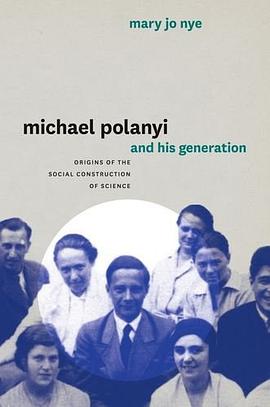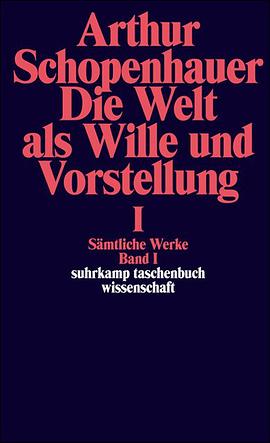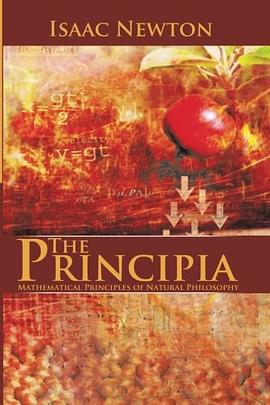The British Empiricists 豆瓣
作者:
Priest, Stephen
Routledge
2007
- 9
The Empiricists represent the central tradition in British philosophy as well as some of the most important and influential thinkers in human history. Their ideas paved the way for modern thought from politics to science, ethics to religion. The British Empiricists is a wonderfully clear and concise introduction to the lives, careers and views of Hobbes, Locke, Berkeley, Hume, Mill, Russell, and Ayer.
Stephen Priest examines each philosopher and their views on a wide range of topics including mind and matter, ethics and emotions, freedom and the physical world, language, truth and logic. The book is usefully arranged so that it can be read by thinker or by topic, or as a history of key philosophical problems and equips the reader to:
- recognize and practice philosophical thinking;
- understand the methods of solving philosophical problems used by the British Empiricists;
- appreciate the role of empiricism in the history of Western philosophy.
For any student new to philosophy, Western philosophy or the British Empiricists, this masterly survey offers an accessible engaging introduction.
Stephen Priest examines each philosopher and their views on a wide range of topics including mind and matter, ethics and emotions, freedom and the physical world, language, truth and logic. The book is usefully arranged so that it can be read by thinker or by topic, or as a history of key philosophical problems and equips the reader to:
- recognize and practice philosophical thinking;
- understand the methods of solving philosophical problems used by the British Empiricists;
- appreciate the role of empiricism in the history of Western philosophy.
For any student new to philosophy, Western philosophy or the British Empiricists, this masterly survey offers an accessible engaging introduction.


